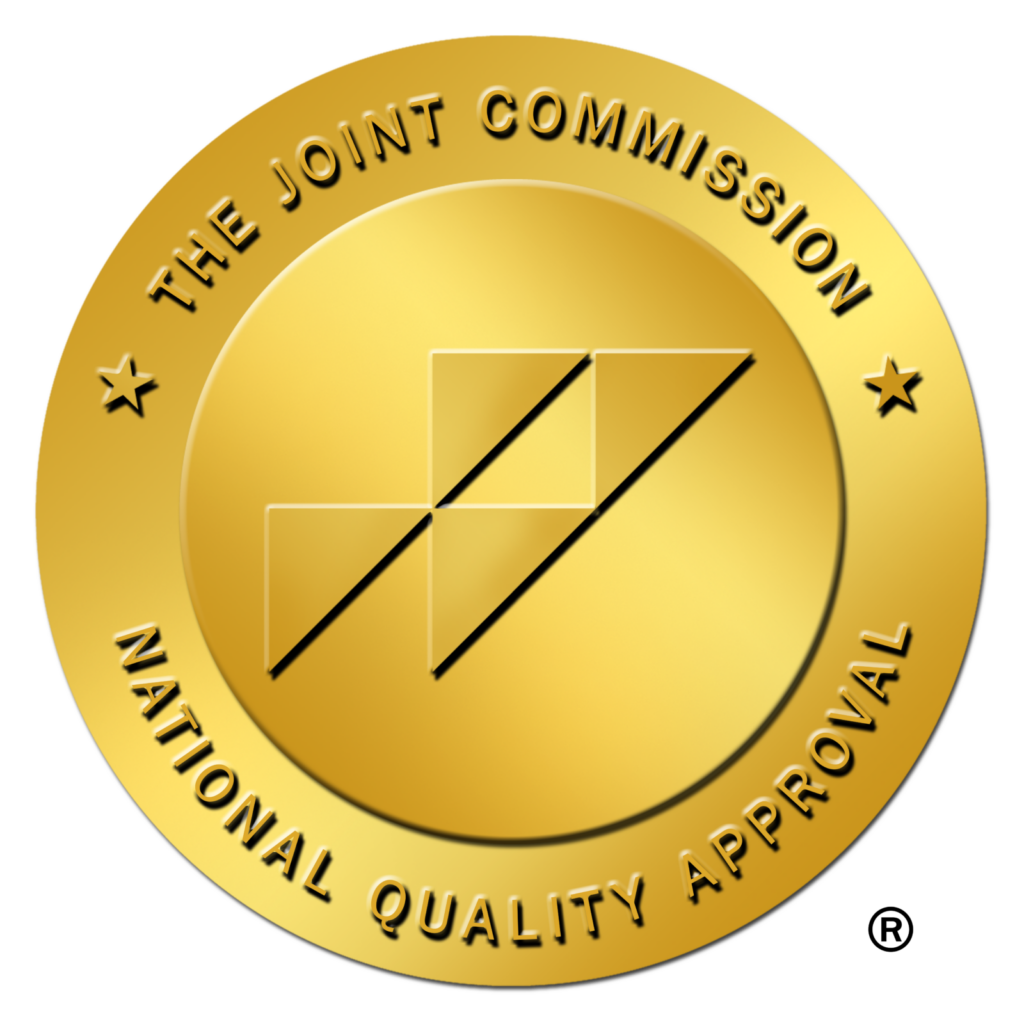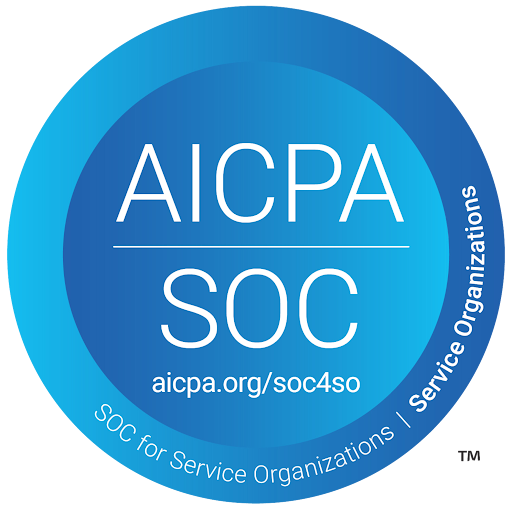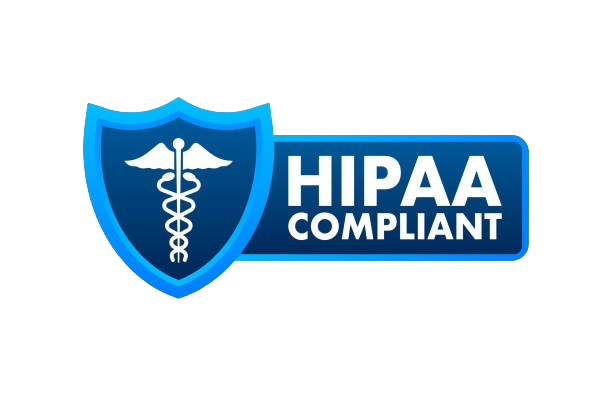A major study unveiled at the 2025 Alzheimer’s Association International Conference (AAIC) may mark a turning point in how we approach brain health and reducing dementia risk.
The US POINTER clinical trial, a large, randomized controlled study, found that a structured lifestyle intervention — including physical activity, nutrition, cognitive and social engagement, and cardiovascular health monitoring — led to greater improvement in global cognition over two years compared to a lower-intensity, self-guided version of the same intervention.
This is the most rigorous evidence to date that multidomain lifestyle changes can improve or help preserve cognitive function in older adults at risk for cognitive decline and dementia, including in diverse and at-risk populations.
Understanding the study results
The US POINTER trial enrolled 2,111 older adults at increased risk of cognitive decline, assigning them to one of two groups:
- A structured intervention, which included supervised exercise, dietary counseling following the MIND diet, cognitive and social engagement activities, and regular health monitoring.
- A self-guided group, which received similar recommendations but with less structure and fewer touchpoints.
Both groups improved cognitively over the two-year period, but the structured group demonstrated a greater improvement. Specifically, the structured group saw an average increase in global cognition of 0.243 standard deviations (SD) per year, compared to 0.213 SD per year in the self-guided group — a modest but statistically significant difference.
Notably, this benefit was consistent across key subgroups (including sex, race, genetic risk, and cardiometabolic health), a strong indicator that these strategies can be effective across diverse populations.
What this means for you and your loved ones
For years, we’ve known that what’s good for the heart is good for the brain. But until now, we lacked more definitive, controlled trial data in the U.S. to show how structured lifestyle programs might actually slow cognitive decline in older adults.
This study confirms that lifestyle and a proactive approach to health matters when it comes to brain health, and that structured support programs can amplify those benefits. For those living with memory or thinking concerns, trying to delay progression after a diagnosis of mild cognitive impairment (MCI), or aiming to protect themselves from developing Alzheimer’s disease and related disorders (ADRD), this study has demonstrated that there is in fact something you can do to increase the likelihood of preserving your brain function and independence.
Lifestyle changes are good – but doing it with support is better
A key takeaway from the US POINTER study is that structured support seems to make healthy lifestyle changes more effective than going it alone. That insight is at the core of what we’re building at Isaac Health.
In addition to providing guideline-based clinical care, we offer a virtual group-based lifestyle medicine program for patients and families — designed to complement, not replace, existing care plans. These programs mirror the same structured, evidence-based approach that made the POINTER trial so impactful, but are tailored to the unique needs of people living with or at risk for cognitive decline.
Each course is led by Dr. Nadir Bilici, MD, DiplBLM, an expert on our team who is board-certified in both neurology and lifestyle medicine. From movement and nutrition to stress management and sleep, Dr. Bilici helps patients take practical, science-backed steps to improve brain health — all from the convenience of home.
At Isaac Health, we believe promoting and supporting brain health don’t stop at diagnosis. That’s why we’re committed to turning cutting-edge research into actionable, accessible tools that empower patients and families to protect their brain health at every stage.
Source:
Baker LD, Espeland MA, Whitmer RA, et al. Structured vs Self-Guided Multidomain Lifestyle Interventions for Global Cognitive Function: The US POINTER Randomized Clinical Trial. JAMA. Published online July 28, 2025. doi:10.1001/jama.2025.12923








